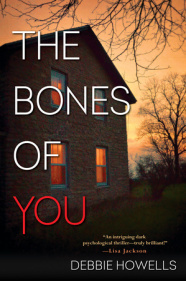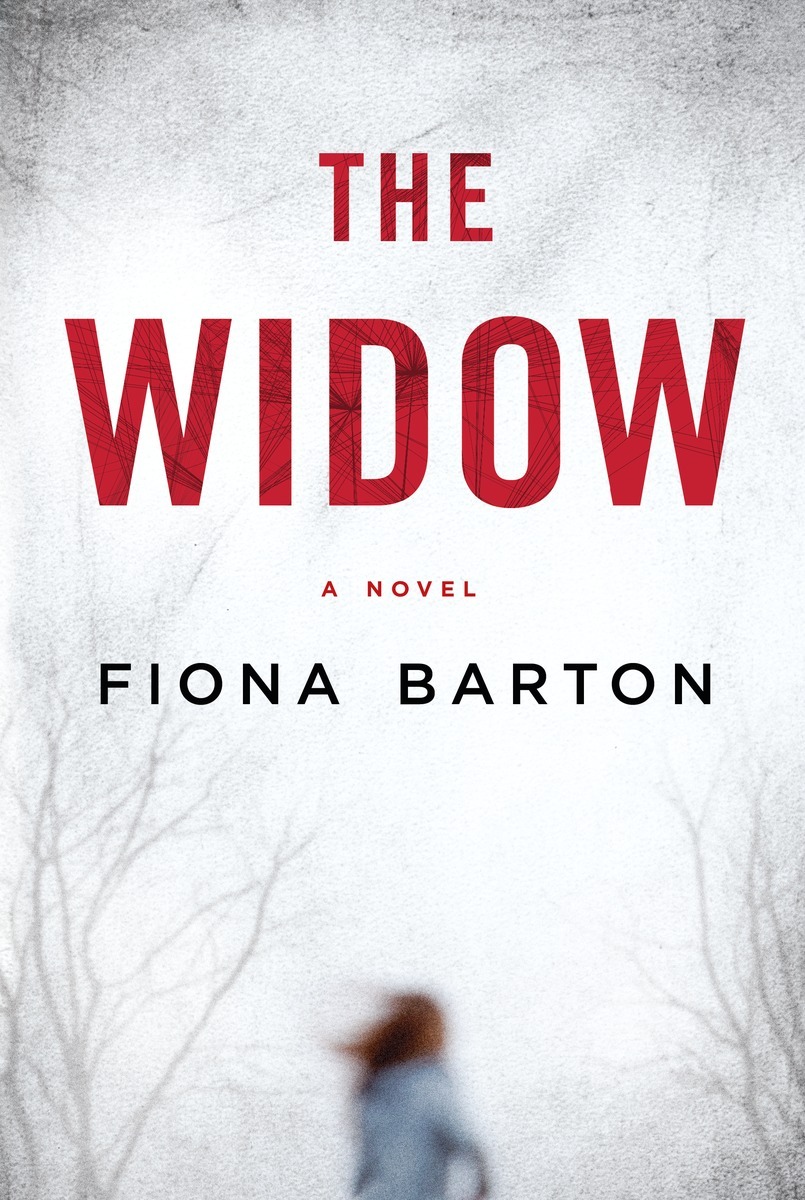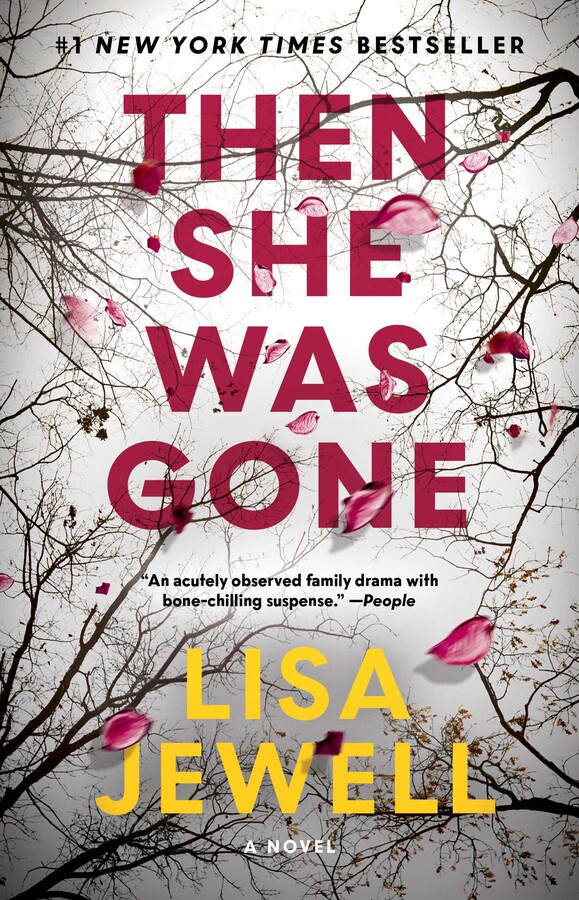
I Let You Go
Book Description
One split second changes everything. When a young boy's life is tragically cut short, his mother, Jenna, retreats into a world of grief and guilt, seeking solace in anonymity. But as the investigation unfolds, secrets unravel and tangled connections emerge, revealing a chilling web of deceit stalking her every move. With a killer lurking in the shadows, Jenna must confront her past to protect her future. As truths come to light, the chilling question echoes: when you let go of the pain, can you truly escape the darkness?
Quick Book Summary
"I Let You Go" by Clare Mackintosh is a gripping psychological thriller that pivots around a tragic hit-and-run accident that kills a young boy, Jacob. Wracked by grief and guilt, his mother Jenna Gray flees to a remote coastal village, desperate to hide from the painful past. Meanwhile, detective Ray Stevens and his team are determined to bring justice for Jacob, uncovering hidden truths as they dig into the case. As the narrative alternates between Jenna and Ray’s perspectives, layers of deception and abuse are gradually revealed. The novel’s shocking twists challenge the line between victim and perpetrator, exploring the complex effects of trauma and the lengths people go to protect themselves. Ultimately, the story asks whether it’s possible to truly escape from the shadows of one’s past.
Summary of Key Ideas
Table of Contents
Grief and the Search for Redemption
The novel opens with a devastating moment: five-year-old Jacob Jordan is killed in a hit-and-run accident outside his mother Jenna’s house in Bristol. Overcome with grief and unable to face the community’s scrutiny, Jenna flees the city and settles in a small seaside village in Wales. She isolates herself, haunted by guilt and struggling to come to terms with her loss. The initial chapters focus on Jenna’s desperation to find peace and the relentlessness of her emotional pain.
The Lasting Effects of Trauma and Abuse
Concurrently, Detective Inspector Ray Stevens and his team at Bristol’s Major Crime Investigation Team are assigned to trace Jacob’s killer. Ray is depicted as a dedicated yet burdened man, dealing with personal tensions at home. As the investigation falters due to a lack of evidence and witnesses, Ray becomes emotionally invested in the unresolved case, which threatens to unravel his marriage and mental well-being. The police procedural thread interlaces with Jenna’s narrative, setting up dual perspectives.
Truth, Deceit, and Identity
Just as Jenna begins to rebuild her life—adopting a new identity, finding fragile friendship, and considering artistic pursuits—Mackintosh delivers a stunning twist. The backstory of Jenna’s relationship with her abusive ex-partner, Ian, is revealed, upending the reader’s assumptions. The newly unveiled perspective explores how trauma can distort memory, behavior, and the ability to trust others. Jenna’s struggle to escape Ian’s control and clarify what truly happened that night is intricately depicted, highlighting the cyclical nature of abuse and manipulation.
The Nature of Forgiveness
The distinction between truth and lies blurs as the plot unravels. New evidence forces the police to reconsider the case and refocus attention on Jenna. Themes of culpability, moral ambiguity, and the far-reaching consequences of a single moment’s decision are explored in depth. Mackintosh exposes the complexity of identity—how victims and perpetrators are not always clear-cut—and how secrets fester when left unspoken.
Justice and Moral Complexity
In the suspenseful conclusion, Jenna must confront her past and fight for justice, both for Jacob and for herself. Ray, shaped by the emotional toll of the investigation, is likewise challenged to recognize the boundaries between professional duty and personal compassion. The novel closes on a note of hope, suggesting that even in the aftermath of tragedy, healing is possible through the courage to face the truth and the willingness to let go. "I Let You Go" ultimately leaves readers pondering the possibility of forgiveness and the enduring impact of trauma.
Download This Summary
Get a free PDF of this summary instantly — no email required.





